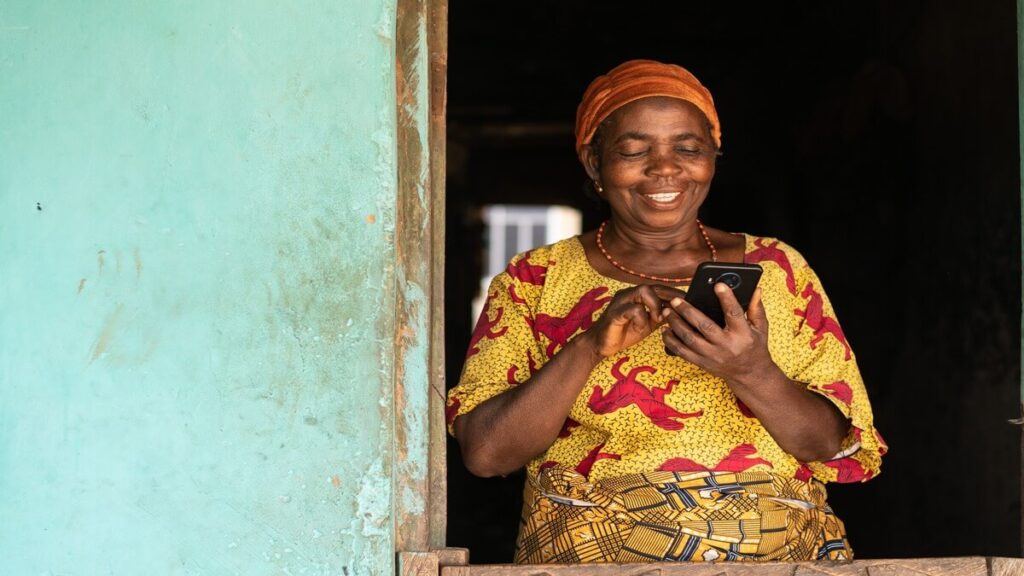Social grants, administered by the South African Social Security Agency (SASSA), provide financial assistance to millions of South Africans, including the elderly, disabled, and children. However, applying for social grants can be a challenging process, particularly for those who may not be familiar with the application procedures or face obstacles such as limited access to information or services.
This article aims to shed light on some common challenges encountered during the social grant application process and offers practical tips to help applicants navigate these difficulties more smoothly.
Common Challenges in Social Grant Applications
1. Lack of Awareness and Information
One of the primary challenges in applying for social grants is the lack of awareness about the eligibility criteria, required documents, and application procedures. Many potential beneficiaries are unaware of the various types of social grants available, such as the Old Age Grant, Disability Grant, Child Support Grant, and others. Additionally, the complexity of the application process can be overwhelming, particularly for individuals who are not well-versed in bureaucratic procedures.
2. Access to Application Facilities
In rural areas and informal settlements, access to SASSA offices or service points can be limited. Applicants may need to travel long distances to submit their applications or access information. This lack of access can be particularly burdensome for the elderly, disabled, or those without reliable transportation.
3. Documentation Requirements
Applicants are often required to provide a range of documents, such as identity documents, proof of income, medical assessments (for disability grants), and birth certificates (for child support grants). Gathering and submitting these documents can be a significant hurdle, especially for individuals who have lost important papers or never had them in the first place. In some cases, the process of obtaining these documents can be time-consuming and costly.
4. Application Rejections and Delays
Even after submitting all necessary documents, some applicants face the challenge of having their applications rejected or delayed. Rejections can occur due to incomplete applications, missing documents, or errors in the submitted information. Delays in processing applications are also common, which can leave applicants in a state of uncertainty and financial hardship.
5. Understanding the Appeals Process
When an application is rejected, applicants have the right to appeal the decision. However, understanding the appeals process can be difficult for many, especially if they lack access to legal advice or support. The appeals process can also be lengthy, adding to the frustration and financial strain of applicants.
Read More: When Will SASSA Grants Increase in 2024 Again?
Tips for a Smooth Social Grant Application Process
Despite these challenges, there are several steps that applicants can take to increase their chances of a successful application and to make the process smoother.
1. Educate Yourself About the Available Grants
Before applying, it’s crucial to understand the different types of social grants available and the eligibility criteria for each. SASSA offers several types of grants, including the Old Age Grant, Disability Grant, Child Support Grant, Foster Child Grant, and Care Dependency Grant, among others. Each grant has specific requirements, so ensure you know which one you qualify for.
2. Prepare the Necessary Documentation in Advance
Gathering the required documents ahead of time can save you from unnecessary delays. Ensure that your identity document, proof of income, and any other required papers are up to date and available. If you need to obtain new documents, such as a birth certificate or medical assessment, start the process as early as possible. Keep multiple copies of important documents, as SASSA might require them at different stages.
3. Seek Assistance from SASSA or Community Organizations
If you’re unsure about the application process, don’t hesitate to seek help. SASSA provides assistance through its offices, and many community organizations offer support to applicants. These organizations can help you understand the requirements, fill out forms, and gather necessary documents. If traveling to a SASSA office is difficult, inquire about mobile units or outreach services that might be available in your area.
4. Double-Check Your Application
Before submitting your application, double-check that all the required information is complete and accurate. Ensure that you have attached all necessary documents. Small errors or omissions can lead to your application being rejected or delayed, so take the time to review everything carefully.
5. Follow Up on Your Application
After submitting your application, follow up with SASSA to check on the status of your application. This can help you address any issues early on and reduce the risk of unnecessary delays. If your application is taking longer than expected, don’t hesitate to inquire about the reasons and ask for an estimated timeline.
6. Understand the Appeals Process
In case your application is rejected, it’s essential to know your rights and understand the appeals process. You can appeal a rejection by submitting a written appeal to SASSA within 90 days of receiving the decision. It’s advisable to seek assistance from legal aid organizations or community groups that can guide you through the appeals process and help you prepare your case.
Related: Alternative Payment Methods for SASSA Grants
Applying for social grants in South Africa can be a complex and challenging process, particularly for those who lack access to information, resources, or support. However, by educating yourself about the available grants, preparing the necessary documents, seeking assistance, and following up on your application, you can significantly increase your chances of a successful outcome.
Remember that social grants are a vital lifeline for many South Africans, providing essential financial support to those in need. If you or someone you know is eligible for a social grant, don’t be discouraged by the challenges of the application process. Instead, use the tips outlined in this article to navigate the process more smoothly and secure the assistance you deserve.










